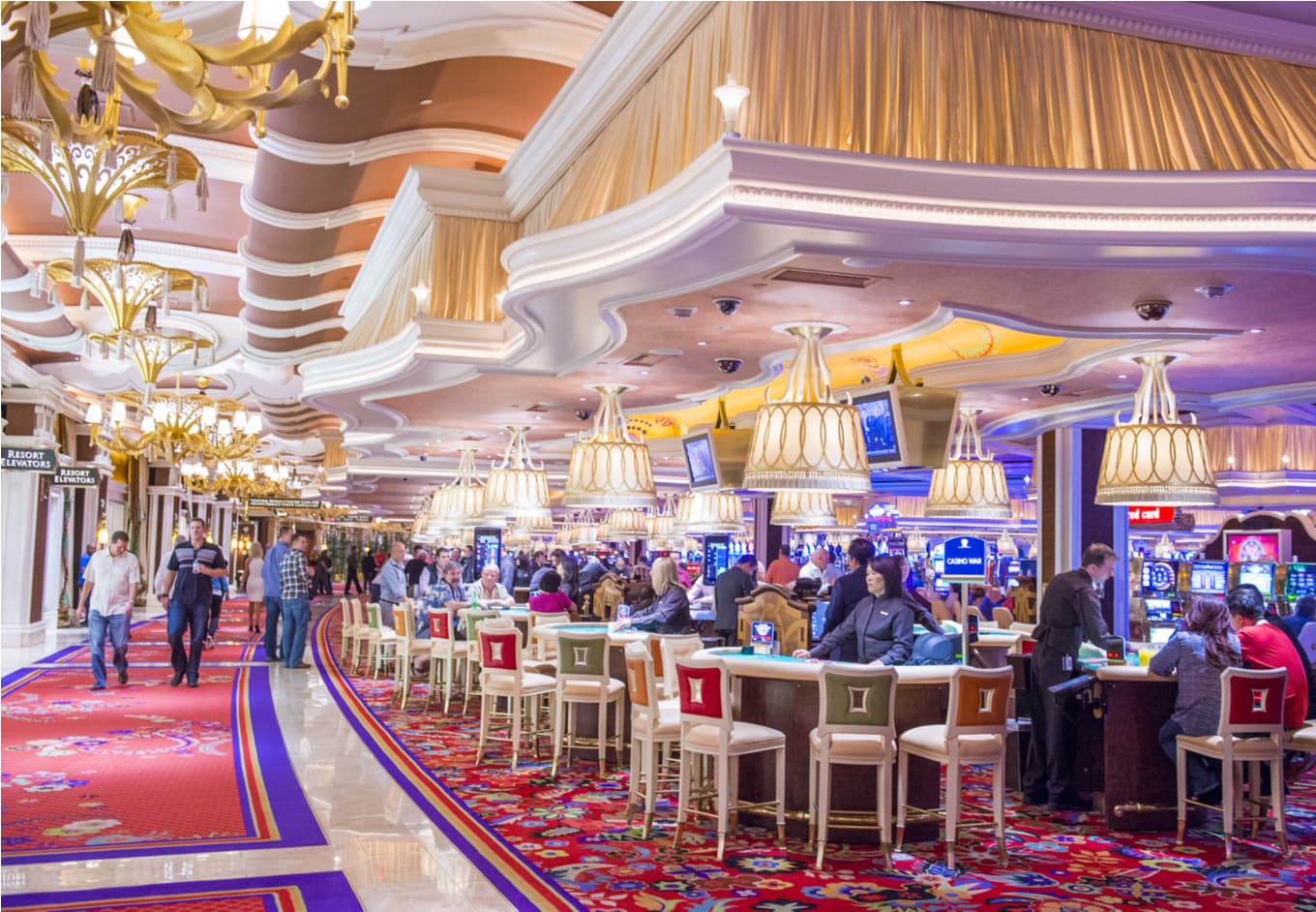
Gambling in casinos has long been a subject of fascination and controversy, attracting millions of players around the world. Nhà cái BET88 With a blend of chance, skill, and the thrill of uncertainty, casino games offer an exhilarating escape from everyday life. However, as entertainment becomes ever more available, it calls for a more thorough examination of the morality surrounding these games.
At the heart of the debate lies the issue of whether casinos promote responsible gaming or take advantage of vulnerable individuals. The appeal of potential winnings versus the truth of losses can create a challenging dynamic, and understanding this balance is crucial for both players and operators. As we delve into the ethics of casino gaming, we will explore the duties of casinos, the effects on society, and the measures that can be taken to foster a better gaming environment.
The Impact of Casino Gaming on Society
Casino gaming has a notable influence on society, affecting not only the economy but also social behaviors and community structures. The income generated from casinos can lead to job creation and boost regional economies, as they provide various employment opportunities in multiple fields including hospitality, leisure activities, and shopping. However, while the economic advantages can be substantial, communities often grapple with the possible negative impacts that arise from increased gambling activity.
Moreover, the presence of casinos can lead to an rise in gambling addiction, presenting significant challenges for individuals and families. The thrill of casino games can quickly transform into a habitual habit, affecting connections with others and leading to financial instability. Many players may find it difficult with the loss of control over their gambling habits, resulting in a need for community support services and help to address this growing issue. The social cost of gambling addiction can ripple through kinships and neighborhoods, creating an urgent need for responsible gaming initiatives.
In addition to the economic and social consequences, casino gaming often reflects cultural attitudes towards risk and leisure. It can encourage a sense of joy and leisure, attracting visitors and boosting tourism. However, this allure may also conceal the wider implications of gambling as a method of entertainment, provoking ethical questions about its promotion and availability. As communities weigh the benefits and drawbacks of casino gaming, the need for responsible practices and oversight becomes increasingly critical in ensuring that the positive aspects are maximized while minimizing the negative effects.
Ethical Issues in Betting Practices
The morality of gambling gaming often revolve around the risk for dependency and its consequences on individuals and households. Gambling can lead to significant financial distress, impacting not only the betters but also their families. As people become entrapped in the appeal of winning, many lose track of their budget, which can result in catastrophic outcomes such as insolvency. This raises moral questions about the responsibility of gambling establishments in promoting safe gambling practices and providing support for those who may be struggling with gambling addiction.
Another critical issue is the advertising of gambling to at-risk populations. Gambling establishments often target low-income people or neighborhoods with the offer of fast rewards, which can perpetuate patterns of financial struggle and despair. In this situation, the ethics of advertising strategies used by casinos come under scrutiny, as they may take advantage of the desperation of individuals seeking an way out from economic troubles. This manipulation raises moral questions about the honesty of the gambling industry and its obligation to safeguard its most at-risk patrons.
Additionally, the effect of casino gaming on society as a whole cannot be overlooked. While some argue that gambling establishments create employment and boost local economies, others point to the social costs associated with dysfunctional gambling, increased crime rates, and a strain on public resources. Balancing economic benefits with the potential for community issues presents a challenging moral dilemma for policymakers and casino operators alike. The difficulty lies in discovering a responsible approach that takes into account the well-being of people and communities while still permitting for the pleasure of gambling activities.
Regulatory Structure and Responsibilities
The regulatory structure pertaining to casino operations is designed to ensure justice, honesty, and participant security. Various government bodies and gambling commissions establish and enforce regulations that dictate how gaming activities work, the criteria for game development, and the processes for managing winnings. These regulations change by locale but typically involve permit requirements for providers and rigorous measures to avoid deception and fraud.
In addition to governing bodies, gambling operators bear major duty in preserving principled standards within their venues. They must adopt safe gaming practices that encourage player security and education, including providing self-exclusion options and sharing information about the dangers related to betting. https://bett88.co/ Casinos are also obligated for educating workers to identify signs of difficult betting and understand the correct steps to assist visitors in trouble.
Furthermore, transparency in gambling operations is vital for earning and preserving public confidence. Casinos should provide clear details about the chances of games, marketing offers, and any associated dangers. By fostering an culture of honesty and responsibility, casinos can help lessen the likelihood negative impact of betting while improving the general gambling experience for all gamblers.
